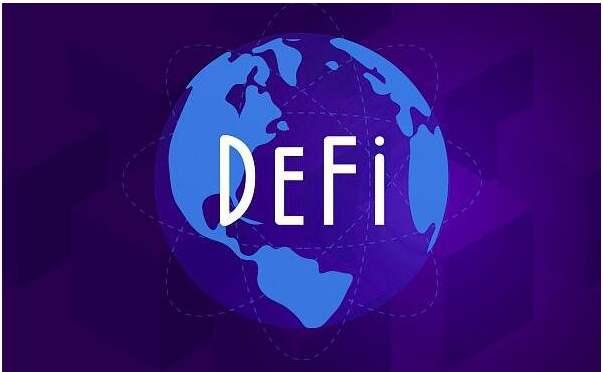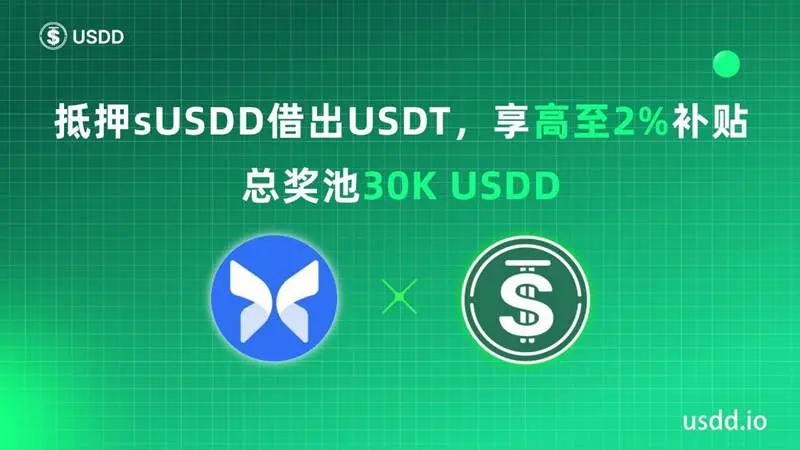Uniswap Labs' new fee policy: Aiming for sustainable development, but may harm UNI and user interests
Author: Jiang Haibo, PANews
The holders of Uniswap governance token UNI have not seen the activation of the protocol fee switch; instead, what has come first is that the protocol developer Uniswap Labs plans to impose fees on certain token trades.
In the early hours of October 17, Uniswap founder hyden stated on X that Uniswap Labs is committed to becoming a transparent and sustainable company and will start charging a 0.15% fee on trades of certain tokens from tomorrow (due to time zone differences, the actual fee will start from October 17). This will only apply to users trading through the Uniswap front-end interface; users interacting through aggregators, other interfaces, or smart contracts will not incur fees.
Uniswap Labs believes that the front-end interface they have built is the best, and they have invested a lot of effort into it. Charging fees on trades through the front-end interface will enable Uniswap Labs to continue researching, developing, and improving cryptocurrency and DeFi.
Uniswap Labs Fee Structure
The Uniswap documentation was also updated early this morning, and the latest document shows that starting from October 17, a fixed interface fee of 0.15% will be charged on trades of a specific group of tokens, which means that only trades conducted using the "interaction page" of Uniswap Labs on the Ethereum mainnet and L2 will incur fees.

The tokens that will incur interface fees include: ETH, USDC, WETH, USDT, DAI, WBTC, agEUR, GUSD, LUSD, EUROC, XSGD, namely WBTC, WETH, ETH, and commonly used stablecoins. Only trades where both the input and output tokens incur fees will be charged. Additionally, trades between WETH and ETH, as well as trades between stablecoins, will not incur fees.
According to the official documentation, trades that will incur fees will be clearly indicated at the time of the transaction, as shown in the image below. However, as of 11 AM Beijing time on October 17, this fee has not yet taken effect.

Clarifying the Relationship Between Uniswap Protocol, Uniswap Labs, and Uniswap Foundation
Upon hearing the news, some voices in the community questioned why the foundation had just applied for substantial funding support and still needed to charge fees. Before clarifying this issue, it is necessary to understand the relationship between the Uniswap protocol, Uniswap Labs, and Uniswap Foundation.
On October 10, it was reported that the Uniswap Foundation initiated a proposal requesting the allocation of $46.2 million to support work over the next two years. Can this funding be used for Uniswap Labs' work?
In fact, according to official statements, the various entities of Uniswap are independent of each other. From the spending of the Uniswap Foundation, there is no indication that funds have been allocated to Uniswap Labs, as it is primarily used for various grants and operations.
The distinctions between Uniswap, Uniswap Labs, and Uniswap Foundation are as follows:
Uniswap is a decentralized exchange (DEX) protocol built on the Ethereum blockchain that allows permissionless token swaps and liquidity provision. Its goal is to serve as a liquidity layer, providing an alternative to traditional financial exchanges without permission.
- Uniswap Labs is a company responsible for laying the groundwork for the Uniswap protocol and building products on top of it to enhance its usability. It can be understood as the core development company of the Uniswap protocol. Uniswap Labs charges fees on trades through the Uniswap front end, which may indicate that Uniswap Labs considers the front end to be a product developed by their centralized team rather than belonging to the Uniswap protocol. This is separate from the Uniswap governance decision regarding the Uniswap protocol fees.
The Uniswap Foundation (UF) is a non-profit organization established to support the growth, decentralization, and sustainability of decentralized finance (DeFi), particularly the Uniswap protocol. Its establishment was supported by the Uniswap community through governance proposals. UF operates independently of other entities in the Uniswap ecosystem (including Uniswap Labs) and focuses on building a robust ecosystem for the long-term development, improvement, and maintenance of the Uniswap protocol.
These entities collectively promote the growth and sustainability of the Uniswap protocol while maintaining a degree of independence to ensure the decentralized nature of the ecosystem.
Impact on UNI Holders
The fees charged by Uniswap Labs on front-end trades may have a negative impact on UNI token holders. With the protocol fee switch (which belongs to the protocol) still under dispute and not yet activated, the fees on the front-end interface could make it even more difficult to activate the protocol fee switch or could have greater negative effects once it is activated.
One significant reason the Uniswap protocol fee switch has not been activated is that doing so would mean that the trading fees originally allocated to liquidity providers would be collected by the protocol, while liquidity providers already have slim profits and also face impermanent loss. Charging fees could reduce Uniswap's liquidity, which would be detrimental to the protocol's long-term development.
Although charging fees on the front end is not without precedent in DeFi, such as Liquity, which does not have an official front end and where third-party front ends may charge fees, there are also several free third-party front ends, and such cases are rare.
In fact, charging fees on the front end is not the only way to sustain Uniswap Labs' operations. During the UNI token distribution, the team and future employees were allocated 21.27% of the tokens; the community treasury was allocated 60%, which could potentially be applied for funding even without additional resources; the 1 billion UNI is only the distribution amount for the first four years, after which UNI will have a permanent inflation rate of 2%.
However, it is possible that the collection of front-end fees was foreshadowed during the token distribution, as it stipulated various rights for UNI holders, even mentioning the uniswap.eth ENS name and the Uniswap default list, but did not mention the front end.
Uniswap Labs may be looking to charge a sustainable fee to maintain operations. However, in a market where DEXs are lowering trading fees to capture market share, charging fees on the front end may partially seize potential benefits that originally belonged to UNI holders. It can be anticipated that more free third-party Uniswap front ends will emerge in the future, potentially forcing users to choose other aggregators. How much revenue Uniswap Labs can actually generate from this remains uncertain.



























